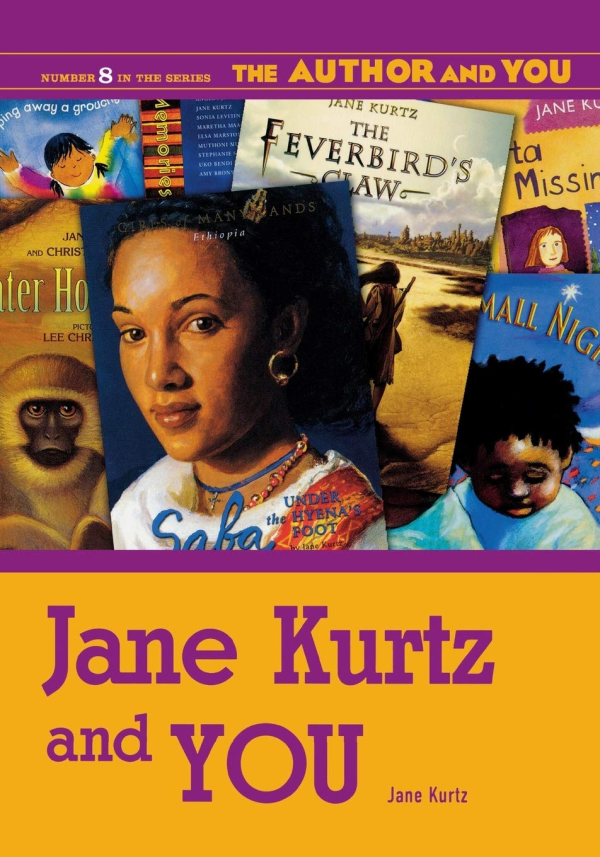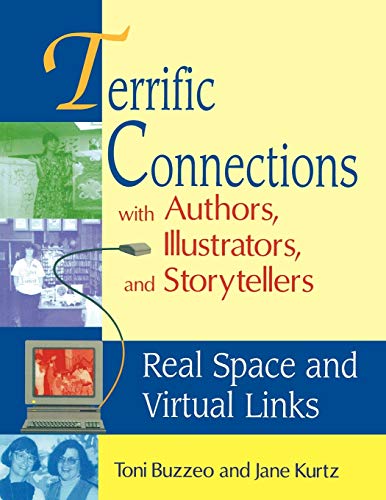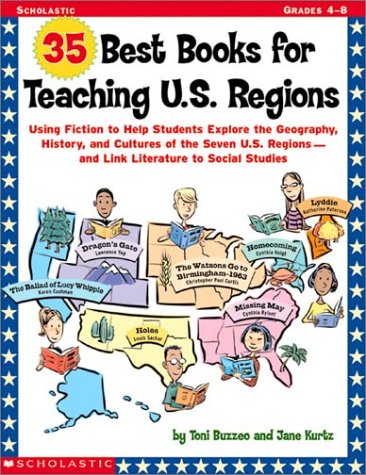For Educators
Teachers and librarians, I salute you for the heroic job you are doing under very trying circumstances. If I can help be part of bringing some joy and liveliness to your reading and writing efforts during this school year, I will be delighted. I’ve been a teacher at the elementary, high school, university, and now graduate degree level, and I’ve always been flexible in adapting author visits to what a school wants. As long as I can show pictures, I’m happy to come into your classroom or school. Here are some possibilities—and I’m happy to discuss other options. Almost all of these can be modified to make them appropriate for different ages of students.
How does an author think about research?
Jane Kurtz will use her nonfiction picture books Waterhole Waiting and What Do They Do With All That Poo? and her bilingual Ready Set Go Books Only in Ethiopia and The Great Rift Valley Lakes to talk about how she follows her curiosity to dig up delicious details for her writing, how she looks for patterns as she finds the best organization, and how she coaxes those facts into pleasing shapes with effective beginning, middle, and end for her texts.
The Power of One
Jane Kurtz learned to read in rural Ethiopia where her mother home-schooled her—and where her mother passed along a passion for words while her father shared his love of stories told and acted out. She talks about the ways that being a reader turned her into a writer and then led to her determination to use her volunteer efforts to share reading with children of today’s Ethiopia. She will challenge students to make a passionate commitment to reading and to considering the power of one person to change the world.
How we tell our own stories when disaster strikes
In 1997, Jane Kurtz had to evacuate her neighborhood as her city was flooded, an experience that led to her award-winning mostly true picture book River Friendly River Wild. She has also written a middle grade novel exploring the question of how bad things sometimes happen to good people, Anna Was Here, drawing on her husband’s experience growing up on a farm in Tornado Alley. She will talk about using the five senses and exploding the moment as we tell our stories in ways that share our true experiences with readers.
Words and picture together: how books get made
In 2016, Jane began a new volunteer project creating ready-to-read books in English and several Ethiopian languages. The creative team that she directs has currently created more than 100 titles, fiction and nonfiction, using donated time and talents of many writers and illustrators, including students. She will share how a book like The Runaway Injera came to be—with a story patterned on The Gingerbread Man and illustrations by a friend whose daughter was born in Ethiopia. She will also show examples of books with student art that may inspire classrooms or art programs to try their own project.
Digging for Details: making our writing sing
Writer John Gardner called details “the life blood of fiction.” They are also key to writing excellent nonfiction. But how do young writers come to recognize a vivid, effective detail? Jane Kurtz will use her own writing and also student writing gathered over the years to illustrate the difference between a sparking detail and a meh detail. If desired, she will also guide students through a writing exercise (or more than one, depending on time) to generate details.
STEAM: Reading and writing to save the Earth
Using her nonfiction picture book, What Do They Do With All That Poo? and her novel Planet Jupiter, as well as some of her nonfiction Ready Set Go Books (including Only in Ethiopia and Trees are Life and Thank You Sun), Jane will show how she was inspired by her writing of stories for an American Girl Doll of the Year (Lanie) to create her own backyard habitat and how she now concentrates a lot of her writing about citizen science and what every human can do to help save the Earth.
All Writing is Re-writing
Revision is hard! Jane Kurtz will show examples from her own writing life—and also the work of illustrators of her picture books—to show students both how exasperating and discouraging the initial stages of revision can be but also the power that comes from learning to see our writing a second (or third or fourth) time. The emphasis will be on revision, not just fixing convention errors. If there is time, she can guide students through a few exercises to revise a passage. Water Hole Waiting is especially helpful background.


